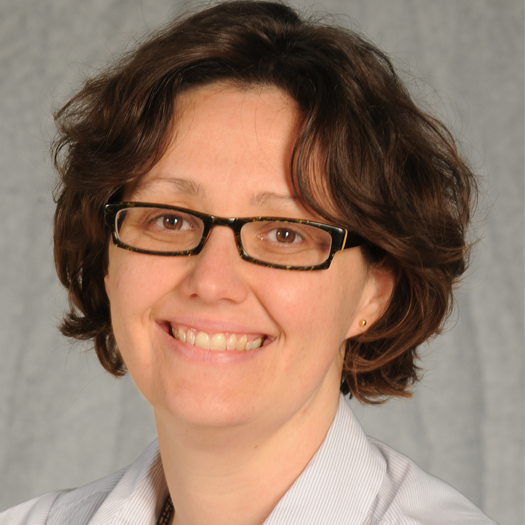The intricacies of deoxyribonucleic acid (DNA), the linked strands of molecules that carry an organism’s genetic information, fascinated Dr. Kimberly Chapman as a kid. That interest ― especially related to rare diseases and disorders caused by damaged DNA ― inspires her work as a medical geneticist at Children’s National Hospital Rare Disease Institute.
“For me it’s all about using basic science to take better care of patients,” says Dr. Chapman. She sees patients in a clinical setting, conducts research, runs our bio-repository and co-directs the hospital’s adult mitochondrial program. “Children’s National prioritizes scientific research. Because of that, we’re constantly improving our understanding of what goes on within the cells so we can make them work better for our patients. They always come first.”
The experience of one patient, Maddie, she says, demonstrates how investigation can lead to better therapies and outcomes. Maddie first came to Children’s National as a young child with an undiagnosed rare disease. Over the years, she became increasingly dependent on medical intervention, such as a wheelchair and intravenous nutrition. Maddie and other members of her family took part in a genetic research study related to patients with difficult-to-diagnose metabolic disorders.
“Early, aggressive therapies meant her outcomes have been incredibly successful,” Dr. Chapman says. Today, Maddie is free of her wheelchair, doing well in school and a budding actress. “Research gives us hope. It’s hard not to be excited for Maddie. She has really struggled, but today she is thriving. I love that.”




